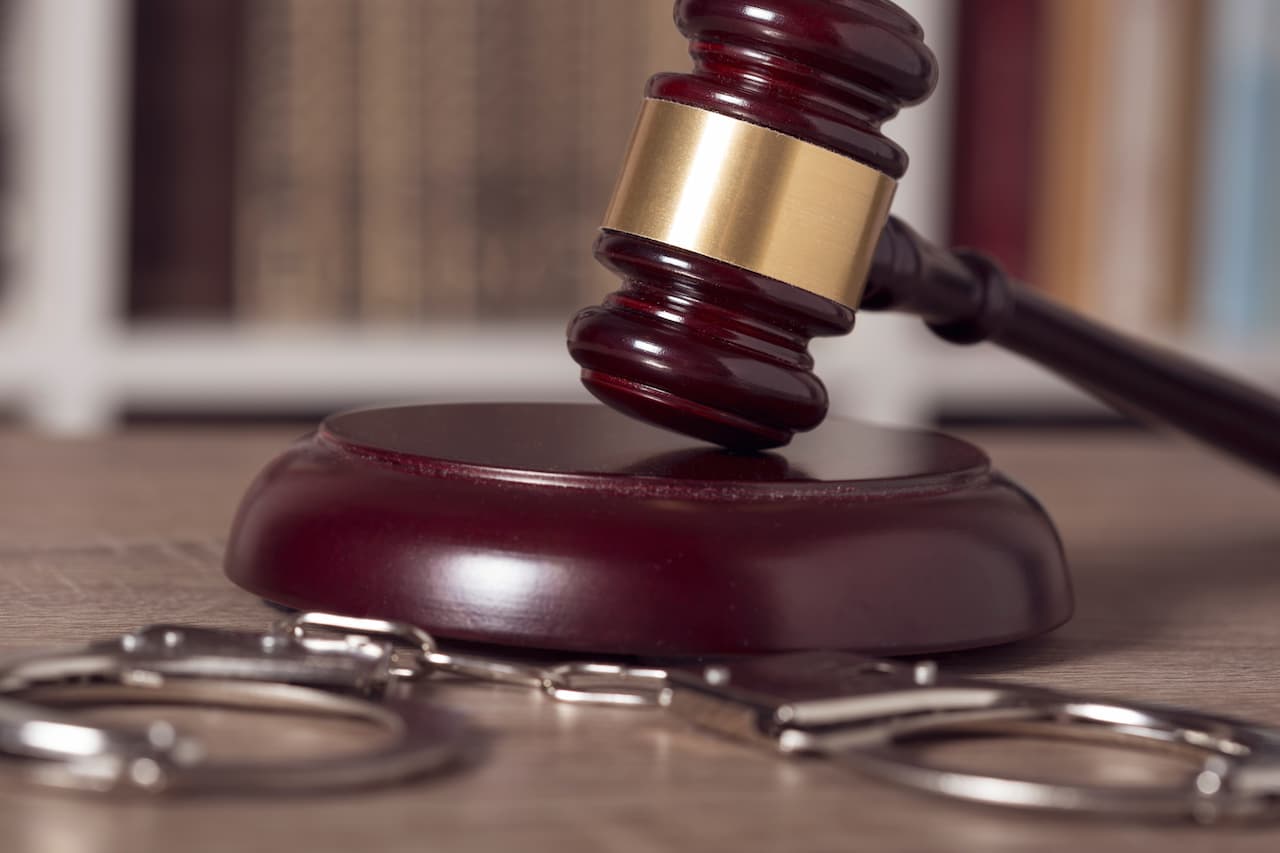I am studying in the third year of the State University of Economics and Technology.I specialize in contractual, economic and corporate law, in particular, I provide consultations and write articles.
Quite a large number of international treaties and our national legislation regulate the sphere of cooperation between states within the framework of criminal proceedings. A special place in this cooperation is occupied by the extradition procedure, which in accordance with Art. 541 of the Criminal Procedure Code is the extradition of a person to the state, whose competent authorities are looking for such a person for the purpose of bringing him to criminal responsibility or for the execution of a sentence. Based on this recognition, it can be stated that the issue of extradition is considered by specially authorized bodies, and in Ukraine such a body is the Office of the Prosecutor General and the Ministry of Justice of Ukraine. It is they who are empowered to send requests for extradition to Ukraine, consider requests from foreign countries, and resolve organizational issues of extradition.
Analysis of the features of extradition from Ukraine:
The basis for applying extradition is the commission of a crime by a person punishable by imprisonment for a maximum term of one year, as well as if the person was sentenced to imprisonment and the unserved term is at least 4 months. If a foreign state has sent a request to the above-mentioned authorities for the extradition of a person, and the issue of extradition is already being considered in relation to him, such a person is granted the following list of rights: to know in relation to which offense such a request was received, to use the services of a defense attorney, in particular to have an appointment with him and the right to be present defense counsel during interrogations, and if there are grounds to challenge the decision on detention or on meeting the request of a foreign state, the right to familiarize with such a request, etc. It is worth noting that a person may be subject to temporary arrest, based on the corresponding decision of the investigating judge. The request of the prosecutor is considered within 72 hours after the detention. The issued resolution may be appealed by appeal to the court of appeals. A person also has the right to submit a statement certifying his voluntary consent to his extradition before a request is sent from a foreign state. Such a statement is sent to the investigating judge. The total duration of temporary arrest is 40 days, unless another term is stipulated by international treaties. In addition to arrest, preventive measures may also be applied to the person. It is important to note that both the arrest and the preventive measure are terminated if the competent authority of Ukraine has not received a request for extradition from a foreign state, if circumstances have been identified in the presence of which extradition is impossible, the competent authority has refused extradition, or if the competent authority refuses to extradite persons to a foreign state. A foreign state may be refused extradition in the following cases: a request has been sent regarding the extradition of a citizen of Ukraine, the person has not committed a crime punishable by imprisonment, the foreign state has not provided additional materials or necessary data, etc.
Extradition procedure:
1. The first stage is receiving a request from a foreign state for extradition. At the same time, the place of residence of the person whose extradition is necessary on the territory of Ukraine is established.
2. The second step is the implementation of extradition verification. Such verification is necessary for further decision-making on extradition. As part of this stage, the presence of circumstances that may prevent extradition is checked. The duration of the inspection is 60 days, and it is carried out by a competent body of Ukraine.
3. After the inspection, the competent authority of Ukraine makes a decision on extradition of the person. The foreign state receives a corresponding notification in this regard.
4. The final step is the actual transfer, which is carried out within 15 days from the date set for its transfer. If, for example, a foreign country is unable to accept a person for certain reasons, a new date is set.
Consultation of a lawyer during extradition:
A criminal lawyer is absolutely necessary in the extradition process, because in the event of a violation of the rights of the person subject to extradition, it is the lawyer who will appeal the decisions on the application of arrest, or on the satisfaction of the request. A criminal lawyer will provide consultations and provide legal support to the client at each stage of extradition, will conduct a legal analysis of the situation. herefore, a criminal case in which there is such a type of cooperation as extradition requires special attention and a high-quality legal opinion of a lawyer.





























